Greenpeace Malaysia recently organised a river cleanup at Kampung Sungai Jireh Jetty. The event, held in March 2024, brought together our staff, volunteers, and donors to raise awareness of plastic pollution and its adverse effects on the local area. It also shows that we must address the more significant issue at the source.
For many people from the kampung, the river is a way of life. Fishermen depend on its bounty, families stay close to the river, and children play along its banks. Yet, they are the ones most affected by its pollution, facing health risks and economic hardships.
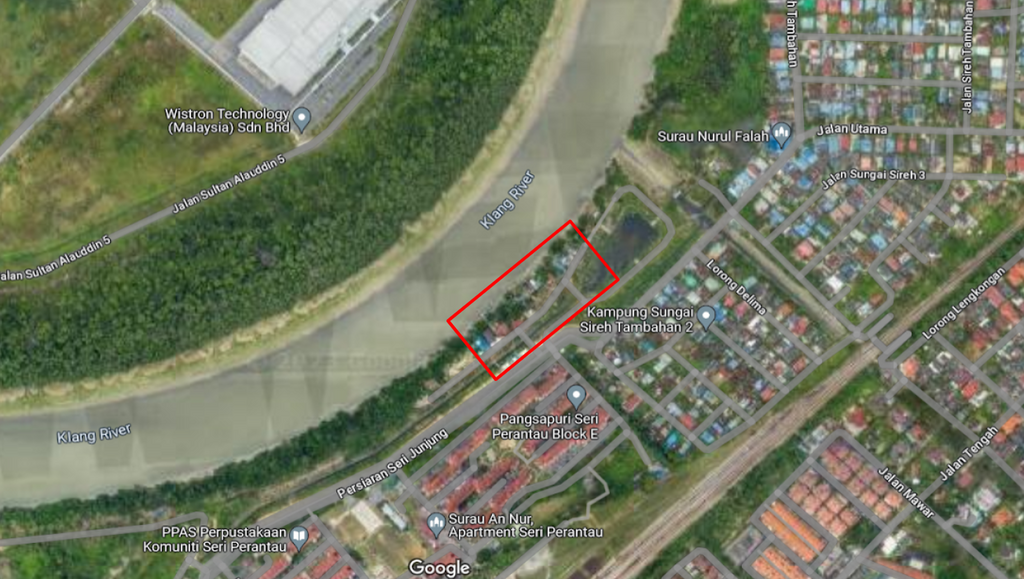
The Klang River, which flows through Kuala Lumpur and eventually into the sea, is riddled with waste disposal, ranging from plastic waste to industrial runoff. Waste can be seen as the river flows.

7 log booms and two interceptors are placed along the river to collect the waste where it was reported that approximately 89 million tonnes of waste has been collected from 2016 – 2023. Even so, the waste continues to plague the river and drifts to the river banks.
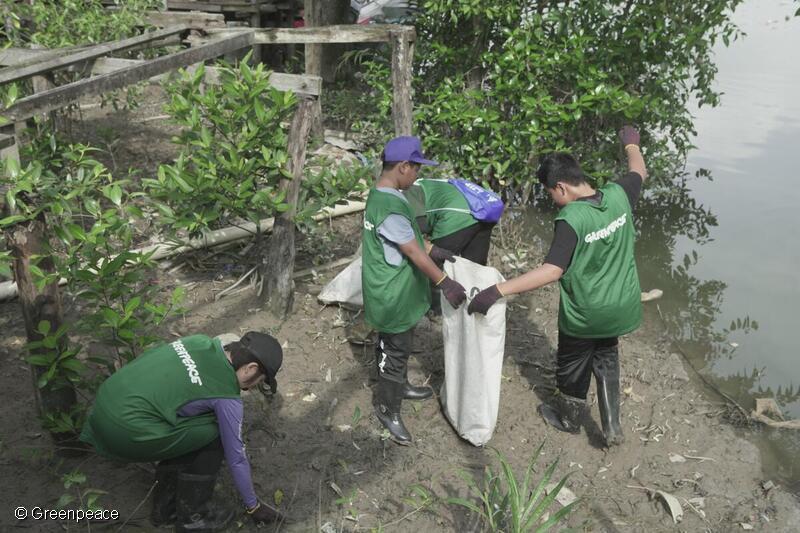
Undeterred by the scale of the task, our staff, volunteers, and donors armed themselves with gloves, bags, and determination as they fanned out along the riverbanks in two groups – waste collectors and waste segregators. The team mobilised and worked ceaselessly to collect as much waste as possible while bringing them to the waste segregation station to be segregated, cleaned then sorted into those that could be recycled and those that could not be recycled.
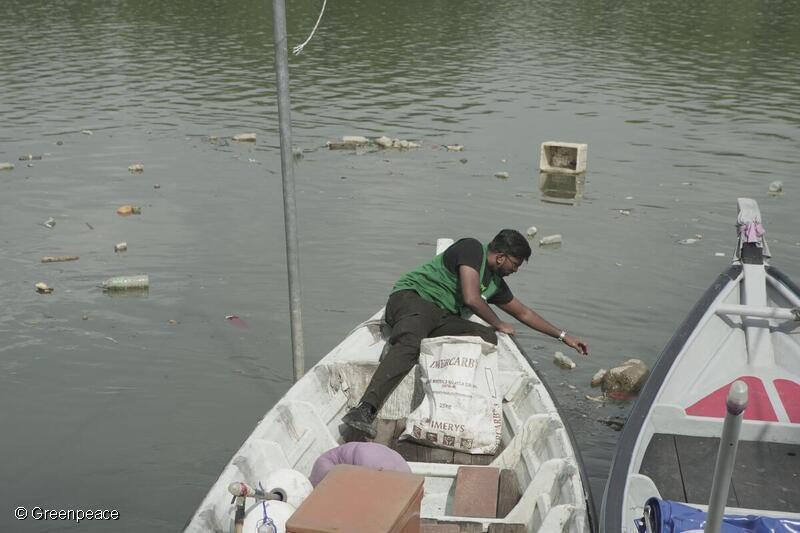
Over the course of the day, the waste collection team diligently collected an impressive amount of trash, including plastic bottles, food wrappers, and discarded items that had found their way into the water.
But, what we did not expect was that the amount of waste was overwhelming, so much so that the waste segregation team was having difficulties keeping up with the collection. After about 3 hours, we decided to stop the waste collection and channelled all teams to help with the waste segregation team. The team was responsible for sorting the waste; some were weighing and auditing the waste, and the rest were bagging them up for recycling.

At the end of the river cleanup, the following was collected and reported:
- 1,070KG Collected
- 128.7KG Segregated
- 110KG Recyclable
Among those collected were toys, food packaging, plastic bottles, footwear, and more.
We ended the cleanup by gathering for a meal together, reflecting on the cleanup itself and what this pollution meant for us, our children, and the future. It was a poignant moment, reminding us of the urgent need to address environmental degradation and protect our precious natural resources.
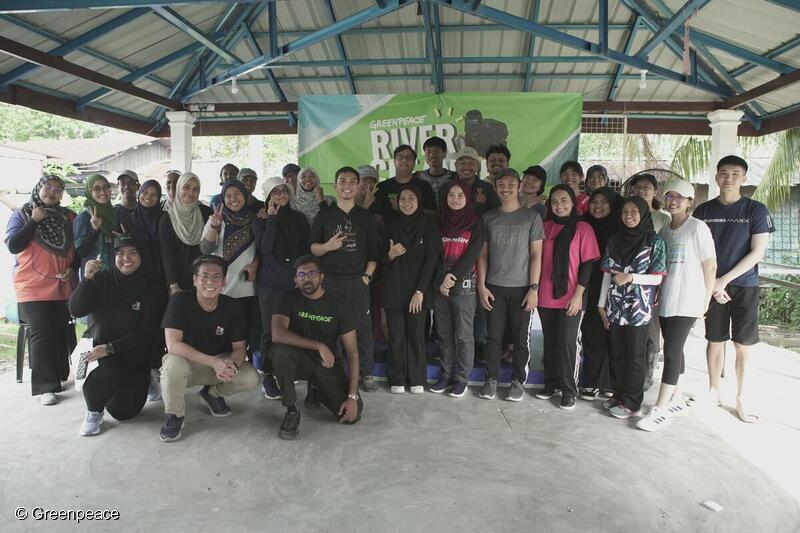
The cleanup wasn’t just about removing litter from nature; it was also an opportunity to raise awareness about the importance of responsible waste management and the need for collective action to protect our environment. But as we concluded our cleanup efforts, we couldn’t ignore the sobering reality. Despite our best efforts, much more waste will continue to flow down the river, leaving the Klang River unsightly and degraded.
The heartbreaking truth is that our cleanup, while impactful, is just a temporary solution to a much larger problem.
The critical question remains: How do we tackle this pollution at its source?
Addressing the root causes of pollution requires systematic change, from reducing single-use plastics and improving waste management practices to holding industries and governments accountable for their environmental impact. It demands collective action, innovation, and a commitment to sustainable practices prioritising our planet’s health and future generations.
As we look ahead, let us not be discouraged by the enormity of the challenge, but instead inspired by the collective power of individuals and communities coming together to make a difference. Greenpeace Malaysia is advocating for significant reductions in plastic production through the Global Plastics Treaty. We aim to support the treaty to compel our government to review existing laws and enact new legislation governing plastics production, including limiting primary polymer production. We urge you to sign the petition and demand that our rivers, forests, cities, and the whole country be protected from this pollution. Your voice matters.



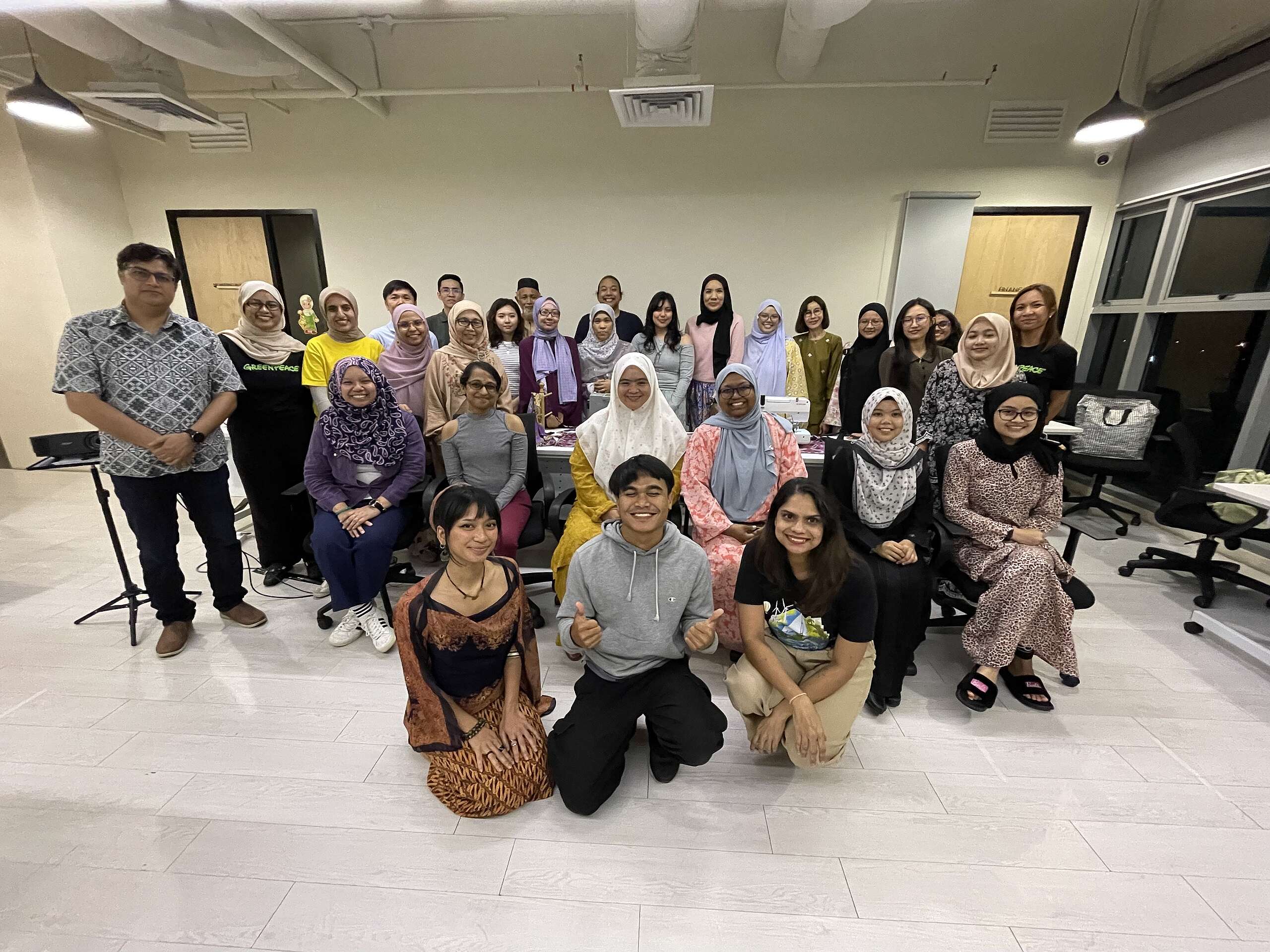
Discussion
Is there clean up we can participate in KL in 2025? I hope it's a monthly activity.